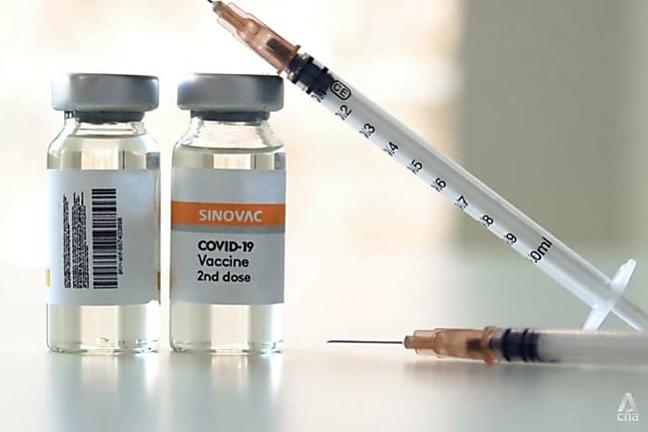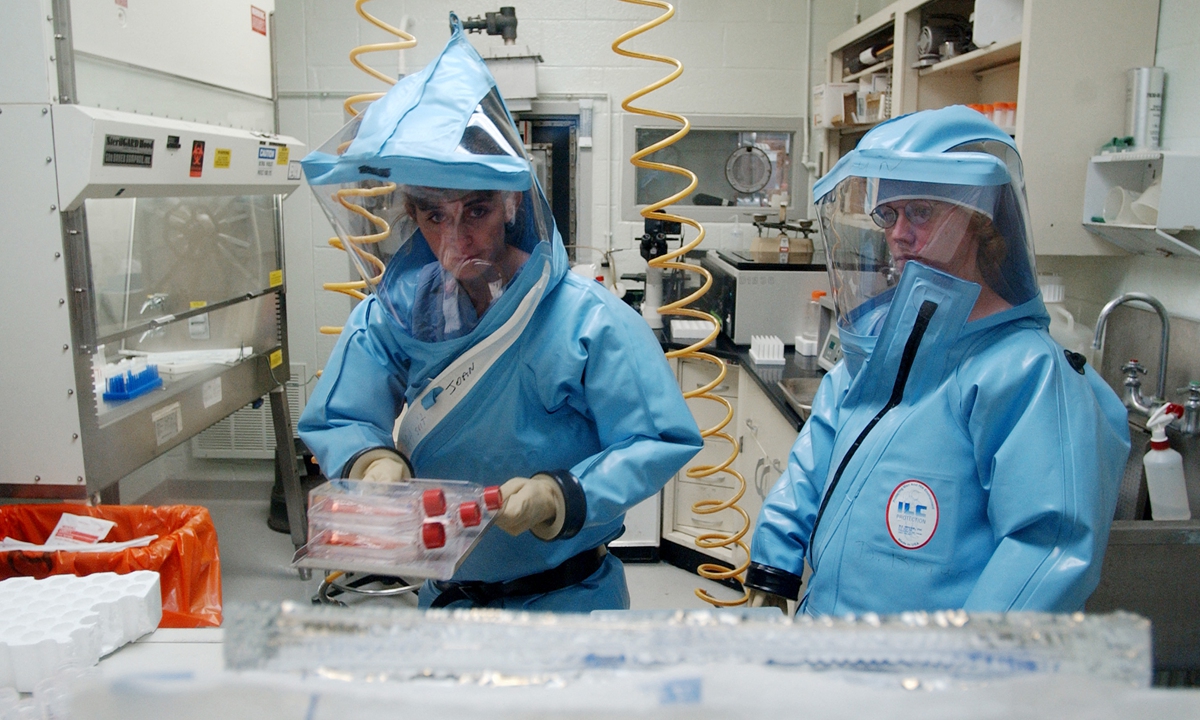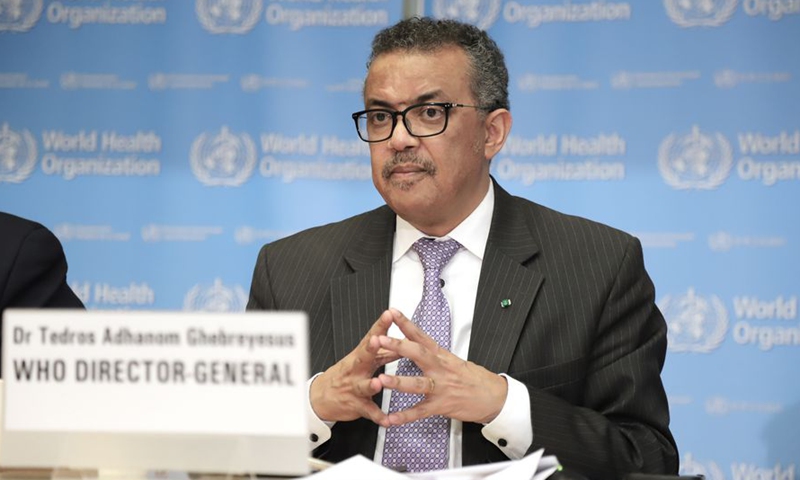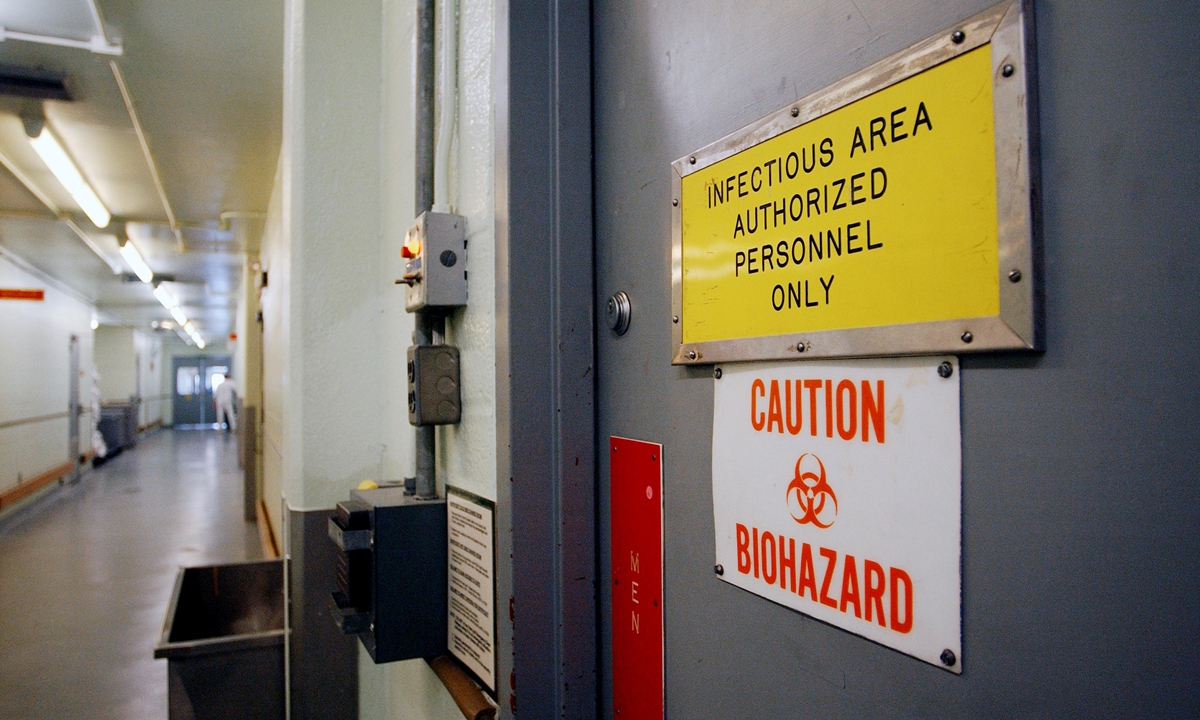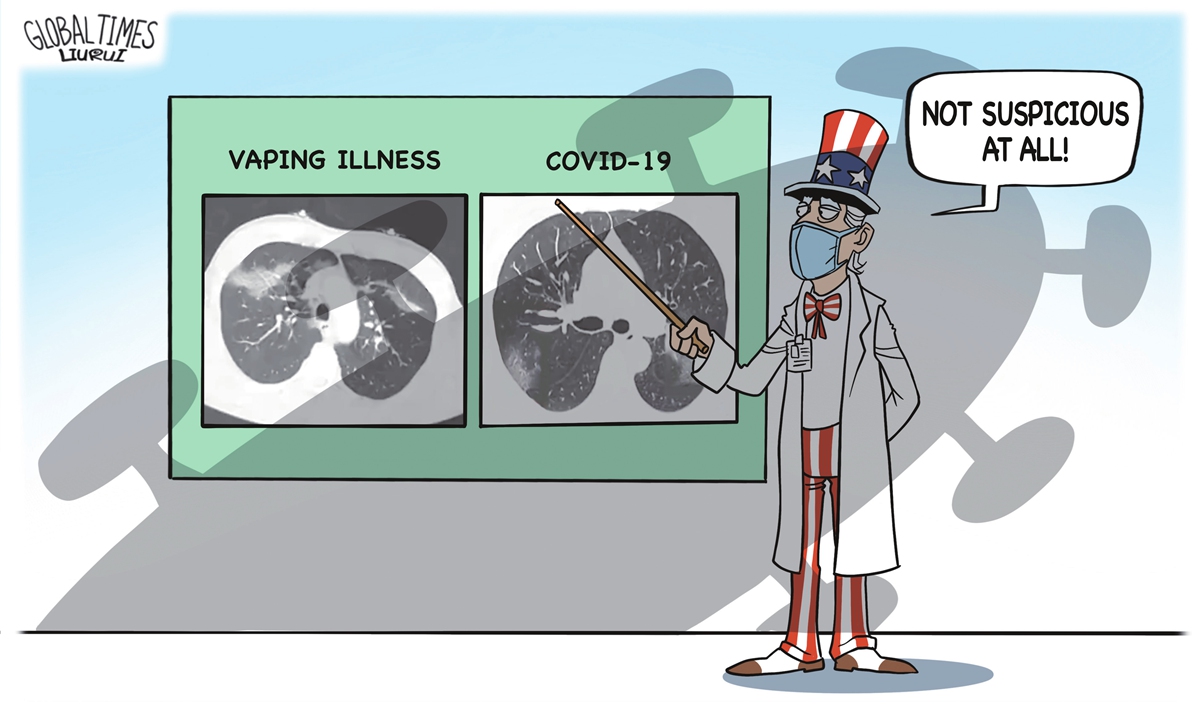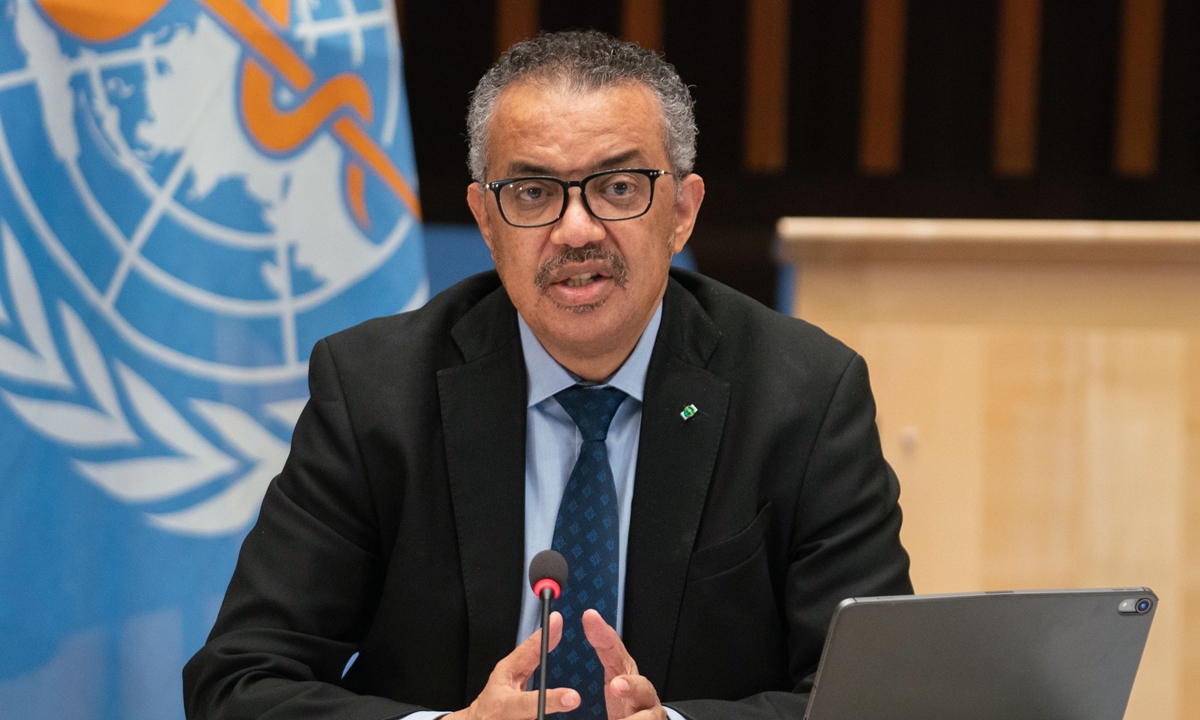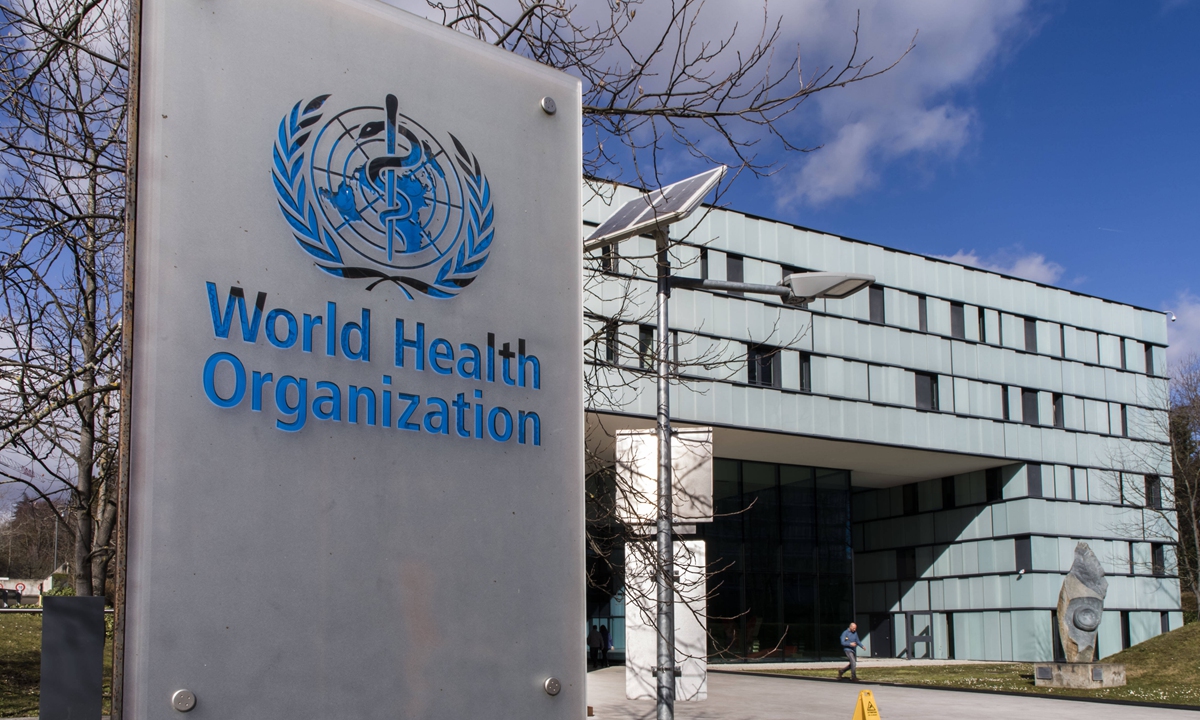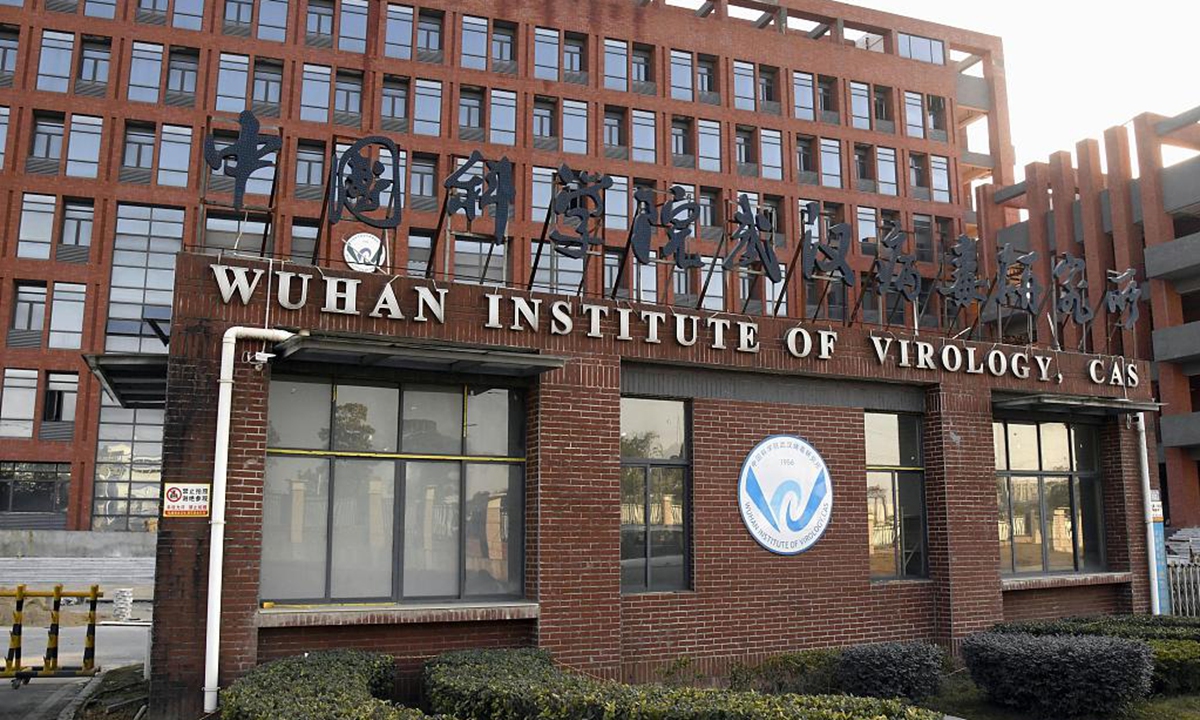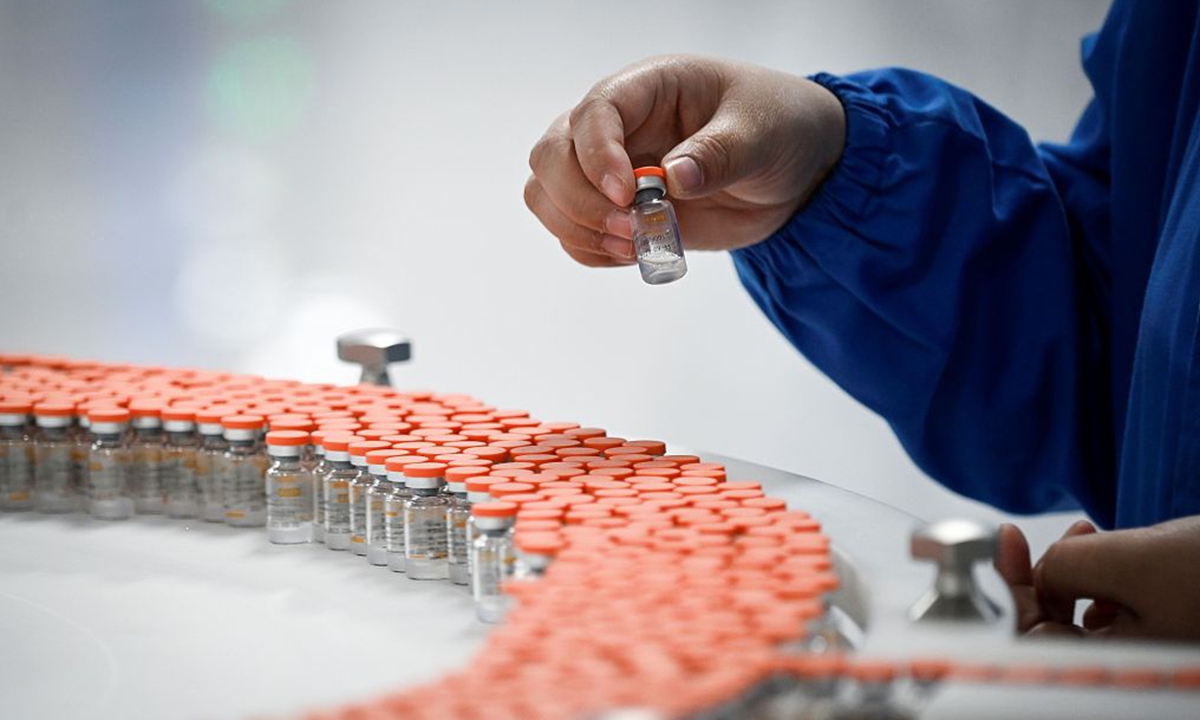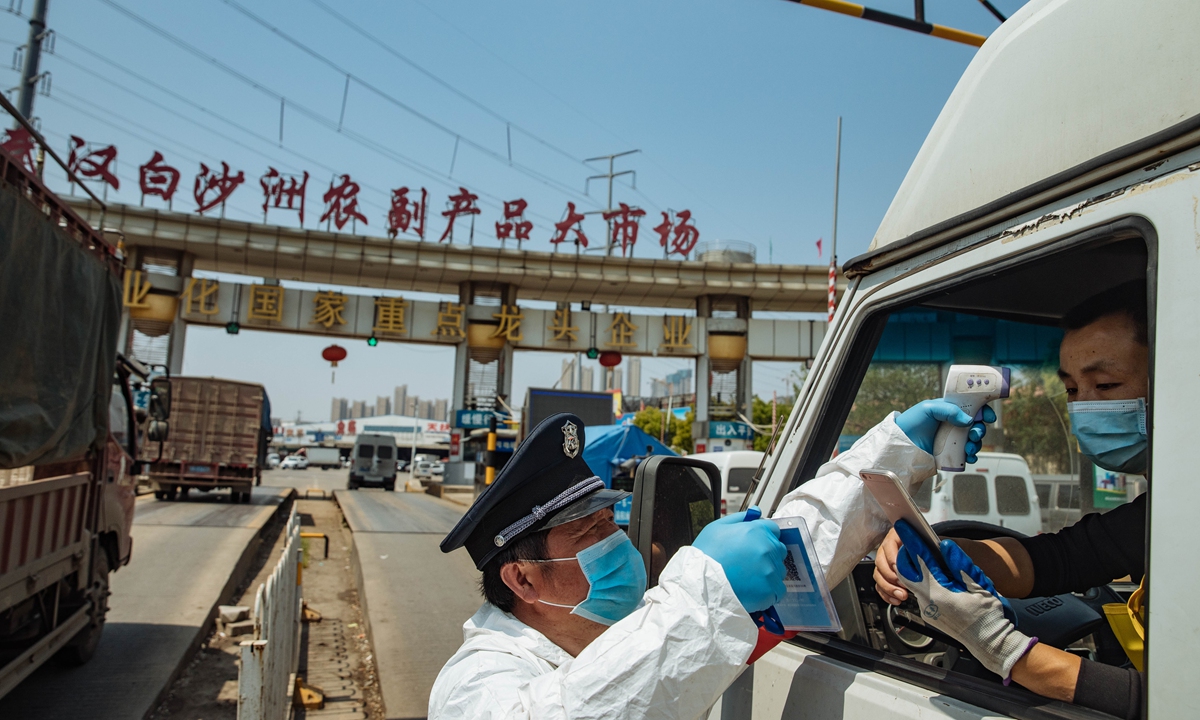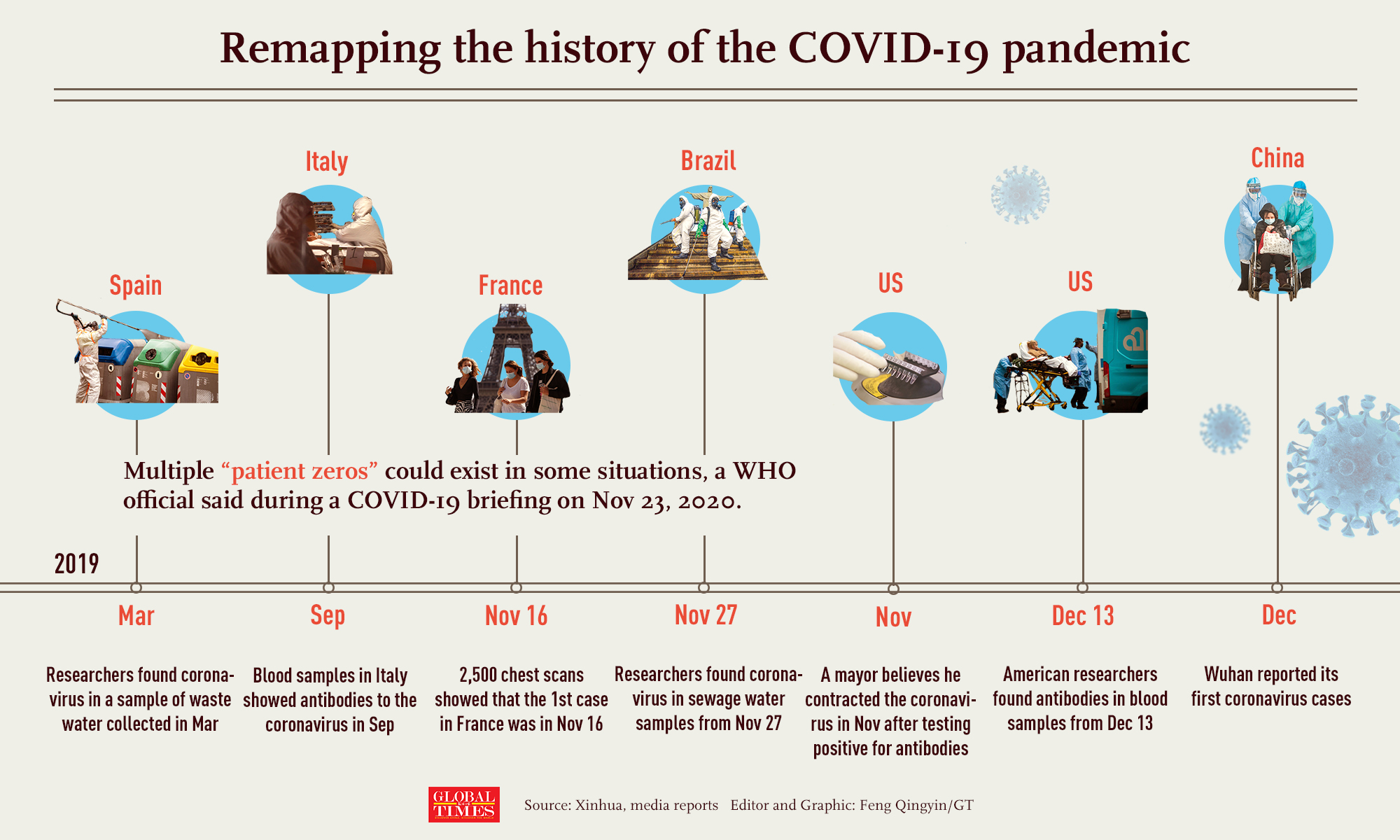Virus making a comeback in Thailand, Singapore, Hong Kong and US, Indonesia, Malaysia
PETALING JAYA: As society becomes more relaxed about the perceived threat of Covid-19, the coronavirus has started to resurge in many countries, leading to an increase in reported cases.
Between May 25 and 30, Thailand reported 65,880 new Covid-19 cases with three fatalities.
Indonesia’s Health Ministry issued a public health advisory following a resurgence of cases in several Asian countries. It urged citizens to remain vigilant and adopt precautionary measures.
Both Hong Kong and the United States have reported an uptick in Covid-19 cases linked to the NB.1.8.1 variant.
ALSO READ: Covid-19: Health Ministry monitoring situation closely
Singapore reported over 14,000 cases between Apr 27 and May 3.
In Malaysia, the Health Ministry said an average of 600 cases were reported each week between Apr 14 and May 10. Malaysia reported over 11,000 cases between Jan 1 and May 10. These are the last available numbers released by the ministry.
Prof Dr Sharifa Ezat Wan Puteh, Universiti Kebangsaan Malaysia’s professor of Public Health Medicine, said people have become lax as Covid-19 is no longer seen as a major threat now. People should be aware of the mutation of the virus and the new variants that would appear, she added.
“The most recent designated variant under monitoring (VUM) is NB.1.8.1, and it is considered highly transmissible but does not indicate higher virulence, or risk of hospitalisation or deaths. It has been stated that the current vaccine’s coverage also covers the current strain and those at high risk such as the elderly, young children, pregnant women and those with high comorbidity need to be vigilant,” she added.
ALSO READ: Remembering war-like Covid-19 pandemic
She said high-risk groups should wear a mask when they are outdoors or if they develop symptoms. Those with non-communicable diseases (NCDs) should not miss their medication schedule.
“If you have Covid-19-like symptoms, it could also be adenovirus (usually mild), Respiratory Syncytial Virus (RSV) and/or influenza,” she said.
This can be determined by testing for Covid-19, or by visiting your healthcare provider for treatment and admission if necessary. “The symptoms may mimic each other, or you can catch two diseases at the same time which is rare, but can occur,” she added.
She said this new variant seems to cause symptoms such as fever, cough, sore throat, fatigue, headache and gastrointestinal distress.
“Besides antigen testing, you may need to get a chest X-ray and blood test for confirmation to rule out pneumonia. Covid generally presents as non threatening symptoms of upper respiratory tract infection and no need to follow up with MySejahtera app (like before),” she said.
Former Health Ministry official and public health expert Datuk Dr Zainal Ariffin Omar said the rise in cases could be due to decreasing immunity either from natural infection or immunisation and people no longer observing precautionary measures like before.
The World Health Organisation (WHO) said on May 28 that since February, global SARS-CoV-2 activity has been on the rise, with the test positivity rate reaching 11% - levels that have not been observed since July 2024.
“This rise is primarily observed in countries in the Eastern Mediterranean, Southeast Asia and Western Pacific regions. Since early 2025, global SARS-CoV-2 variant trends have slightly shifted. Circulation of LP.8.1 has been declining, and reporting of NB.1.8.1, a VUM, is increasing, reaching 10.7% of global sequences reported as of mid-May.”
Recent increases in SARS-CoV-2 activity are broadly consistent with levels observed during the same period last year.
However, there still lacks a clear seasonality in SARS-CoV-2 circulation, and surveillance is limited, it said.
WHO also advised all member states to continue monitoring and applying a risk-based and integrated approach to managing Covid-19.
Asia registers Covid-19 spike
Healthcare facilities in Indonesia instructed to prepare for rising cases
The country’s health ministry has urged healthcare facilities to stay alert and increase surveillance of Covid-19 amid a surge in cases caused by a more transmissible but less deadly Omicron sub-variant in several countries across Asia.
health Minister Budi Gunadi Sadikin met with President Prabowo Subianto to discuss the rising number of Covid-19 cases across Asia on June 3.
Speaking to reporters after the meeting, he said that “cases are indeed increasing, but the rise is caused by variants that are relatively less deadly”.
his statement came after his ministry issued a circular last week to warn healthcare facilities to stay alert after a rising Covid-19 trend in Thailand, hong Kong, Singapore and Malaysia, largely driven by the more transmissible but less severe Omicron subvariant JN.1.
The circular instructed regional health agencies, hospitals, community health centres (Puskesmas) and other health service facilities across the country to monitor case trends through routine surveillance, report any unusual occurrences and raise public awareness about the need for vigilance.
According to the latest data from the health Ministry on June 3, Indonesia reported seven confirmed cases last week with the positive rate declining to 2.05% from a peak of 3.62% the previous week.
Dicky Budiman, an epidemiologist at Griffith University in Australia, said the warning should be taken seriously by the broader public.
“This is a good measure as an early warning to create awareness,” he told The Jakarta Post on June 3.
he said while it would no longer become a pandemic since mass vaccination has built herd immunity among the Indonesian population, he urged people to maintain caution.
“We must maintain the clean and healthy habits that were developed during the Covid-19 pandemic, such as regularly wearing masks, washing hands, maintaining physical distance, adopting a healthy lifestyle and ensuring proper air circulation.”
Dr Dicky also suggested that the government heighten its alert systems, especially in vulnerable areas with large elderly populations.
Dr Masdalina Pane of the Indonesian epidemiologists Association (PAEI) predicted that the newest sub-variant JN.1 has likely already entered Indonesia, but the surveillance system has been unable to detect it in real time.
“Unfortunately, it is not easy to identify suspects at ports and airports,” she said, suggesting that the government should focus on travellers from affected countries instead.
“Governments can also implement random rapid diagnostic checks based on certain criteria while considering ethical aspects,” she added.
Among the hardest-hit nations in the current wave is Thailand, which reported over 65,000 cases and three deaths in the last week of May, according to The Nation.
But Thai Public health Minister Somsak Thepsuthin said on June 2 that the outbreak in the country has already passed its peak and was expected to ease.
hong Kong saw a downward trend in its positive rate from 13.6% in the week of May 11 to 17 to 11.22% in the following week, although its health department still warned that case levels might remain high in upcoming months. — The Jakarta POST/ANN



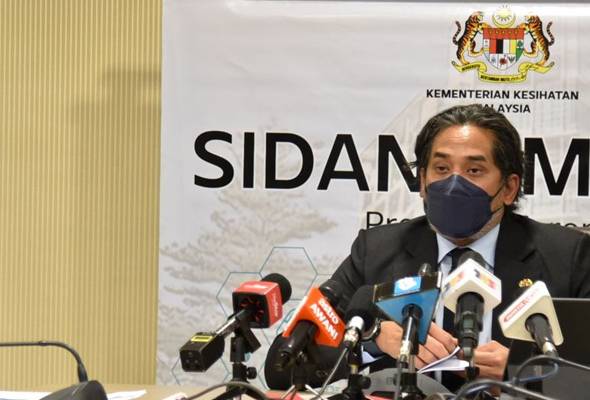
 必须混打「加强针」Pfizer疫苗!
必须混打「加强针」Pfizer疫苗! 
